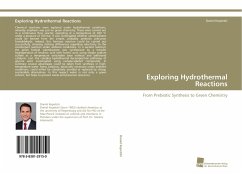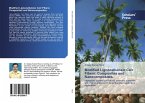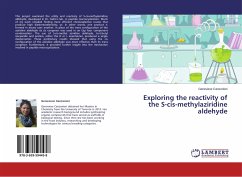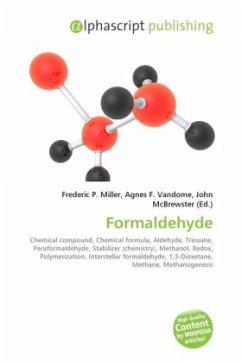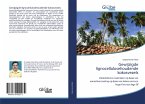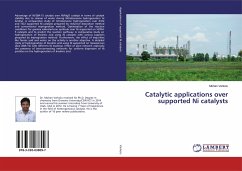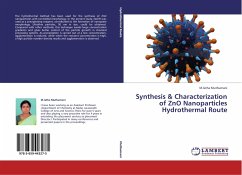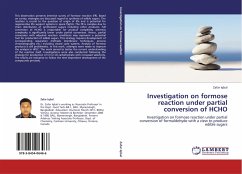Chemical reactions were explored under hydrothermal conditions, whereby emphasis was put on green chemistry. These were carried out in a continuous flow reactor, operating at a temperature of 200 °C under a pressure of 100 bar. It was investigated whether carbohydrates could be formed from the simple, probably prebiotic precursor formaldehyde. Indeed, this formose reaction could be carried out successfully, showing striking differences regarding selectivity to the counterpart reaction under ambient conditions. In a second reaction, the green biofuel valerolactone was synthesized by a transfer hydrogenation of levulinic acid with formic acid, using simple sodium sulfate as a temperature switchable base without and additional catalysts. Last, the complex hydrothermal decomposition pathways of glycine were investigated using isotope-labeled compounds. In summary several advantages could be taken from synthesis in high-temperature water. Many catalysts, absolutely necessary under ambient conditions, could either be completely avoided or replaced by cheap, sustainable alternatives. In this respect water is not only a green solvent, but helps to prevent waste and preserves resources.

